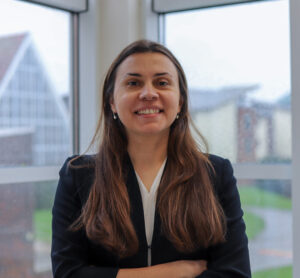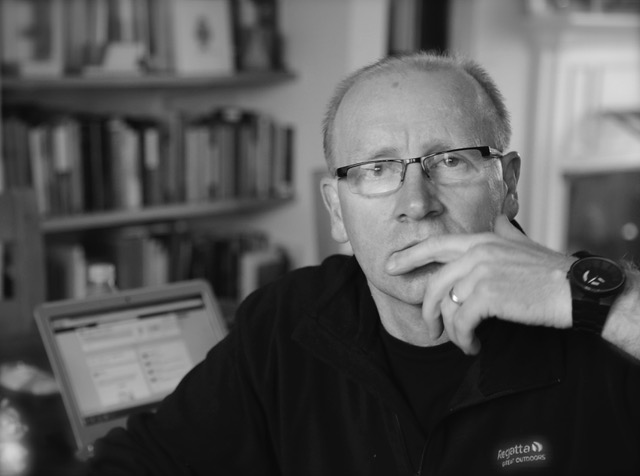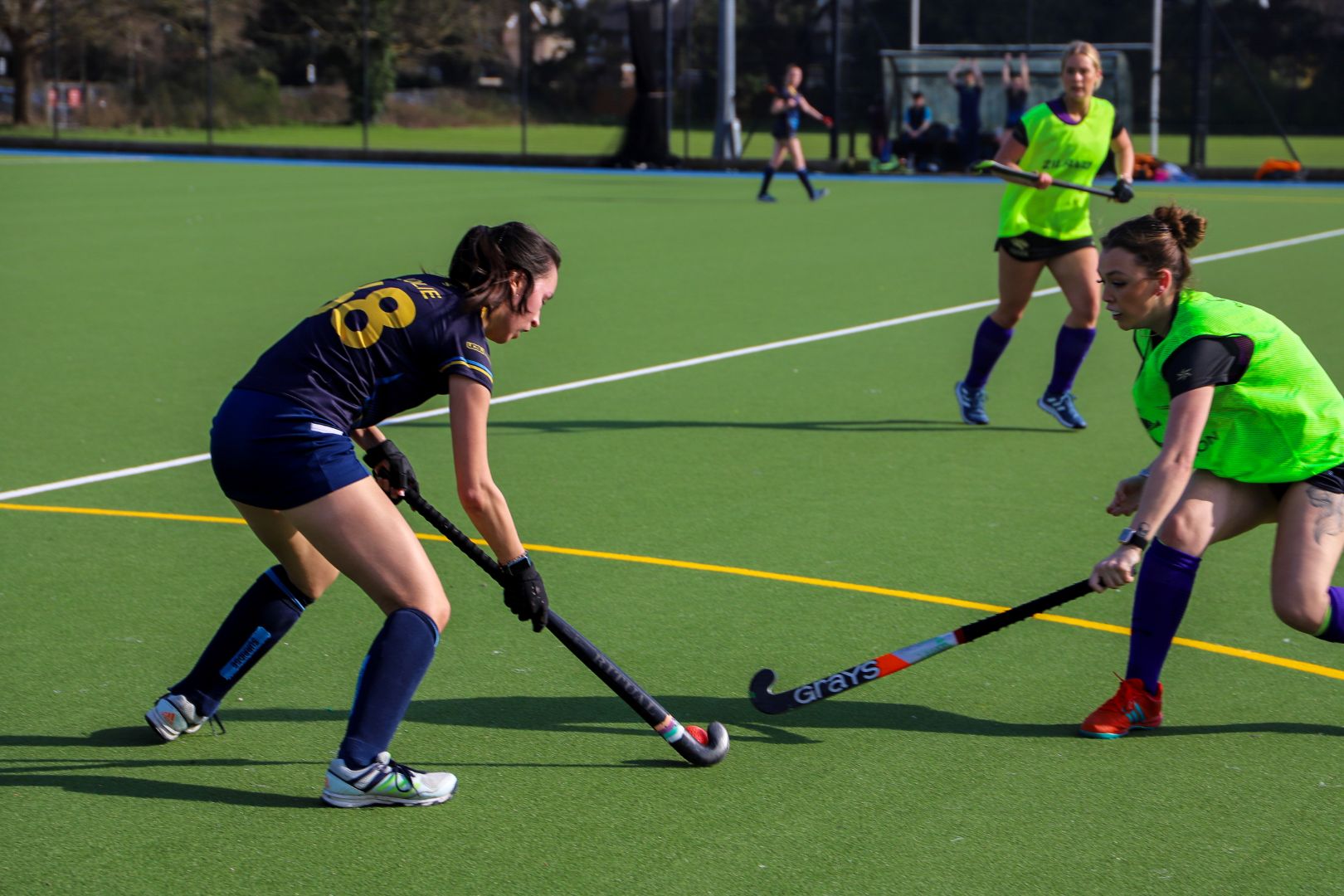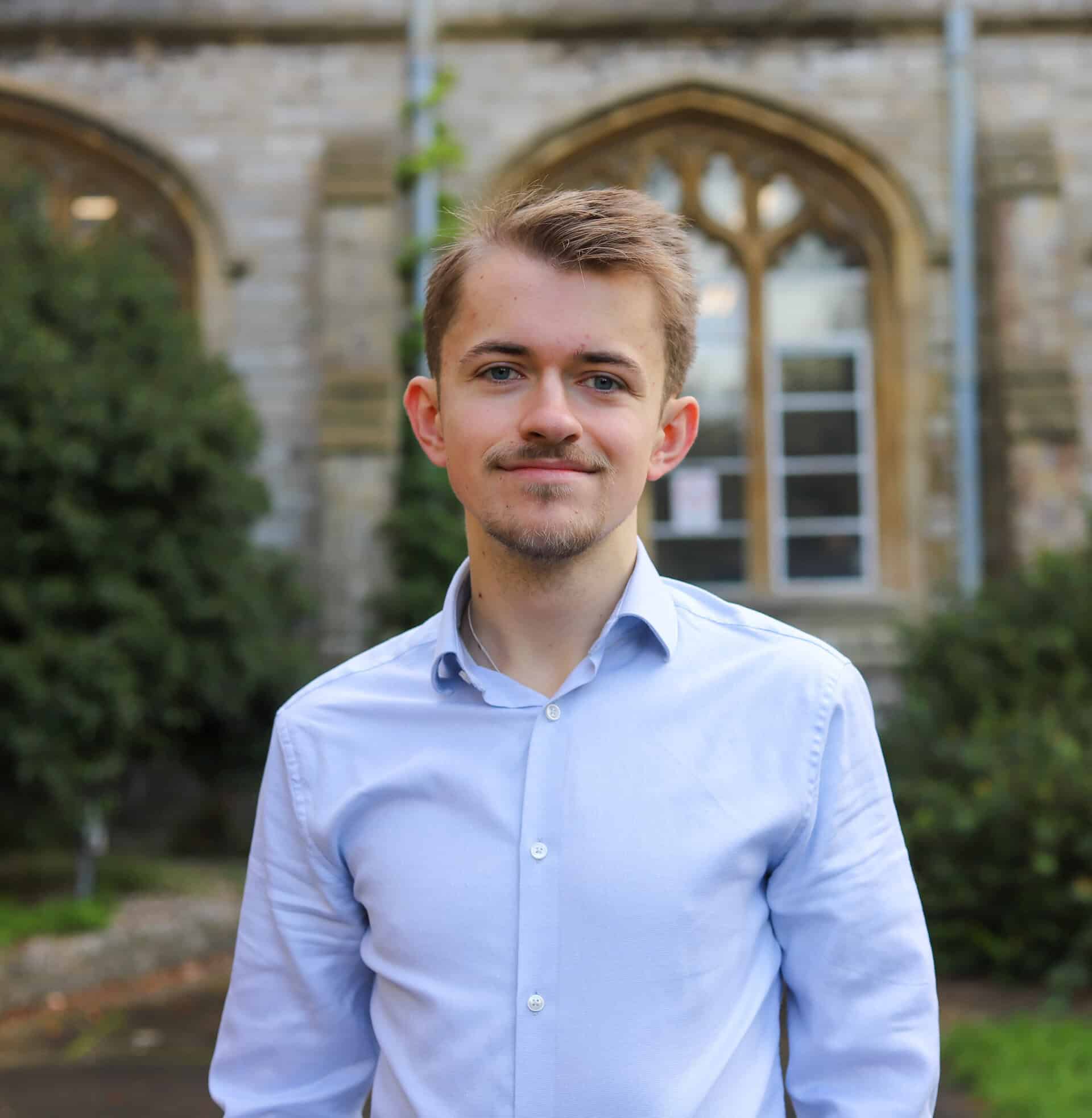Our People – Daria Mattingly

Daria Mattingly is a Lecturer in Contemporary International History.
Tell us about your role at the university.
I’m a Lecturer in International History, with a particular focus on Eastern Europe and Ukraine. My teaching covers topics such as the history of the Soviet Union and communist China, as well as contemporary issues in international relations and politics. I’m especially interested in how history is remembered and manipulated — and how personal stories illuminate broader political narratives. In addition to teaching, I supervise undergraduate and graduate dissertations and contribute to the university’s research culture through publications and presentations.
When did you join and what brought you here?
I joined the University of Chichester in 2023, after completing my PhD and postdoctoral work at the University of Cambridge. What drew me here was the university’s strong sense of community and its genuine commitment to excellent, student-centred teaching. As an undergraduate student myself I went on exchange programme to a university in the US, which was similar size to Chichester. My political science professor there instilled in me the belief that I could achieve more. This is what I would like to do with my students, and Chichester offered me the chance to do exactly that.
What’s an average day at work like for you?
Every day is different at Chichester, which is one of the things I love about academia. Some days, I’m teaching back-to-back seminars, while on other days, I meet with students for supervision. I regularly provide commentaries to the media, and this year I travelled to the parliaments of both Sweden and the UK to discuss my research. I also try to carve out time for my work, whether that is finishing my book, Stalin’s Activists. The Rank-And-File Perpetrators of the Holodomor, peer reviewing someone else’s manuscript or marking a student’s essay. It’s a constant balancing act between teaching, research, and admin, but always rewarding.
What do you love most about working at the University of Chichester?
The students. Helping students gain confidence in their ideas and develop a passion for history and politics makes my work worthwhile. Taking them on a study trip to the Hague or Brussels with my colleague from the Law Department, Luke Browning, is always an adventure – our students see history, politics and international relations in action. Most importantly, Chichester has a uniquely supportive atmosphere in which meaningful and honest discussions can flourish. I also appreciate my colleagues — I feel well taken care of. Professors Hugo Frey and Andrew Chandler encouraged me to develop a module on contemporary history and politics in Eastern Europe, with a focus on Ukraine. I cannot wait to teach it in the coming academic year.
What is your greatest achievement in your job or research?
Seeing my students graduate and finding their vocation. More broadly, I see every moment when a student discovers a new way of thinking or connects the past to the present as a small but significant achievement. When it comes to research, I love asking new questions about the subject considered to be studied in and out. That is precisely what I did when I assisted Anne Applebaum on her book, Red Famine: Stalin’s War on Ukraine, and now in my upcoming book.
Is there anything else you’d like to add?
History is not about the past alone or the lessons to be learnt – it helps us understand the world today. That is why I think it is vital to teach it with empathy, rigour, and a sense of responsibility. I am grateful to be part of a university that values that approach.





